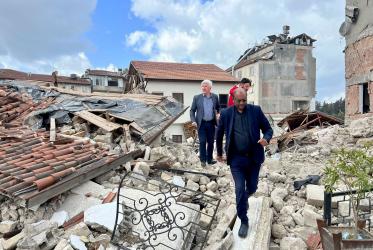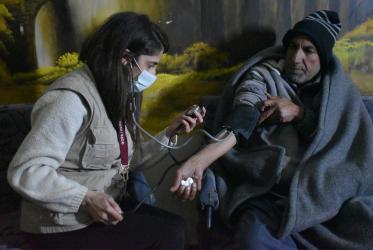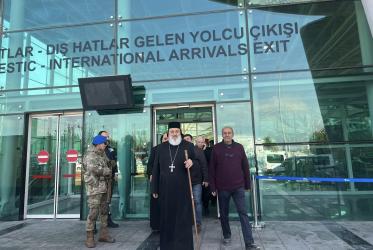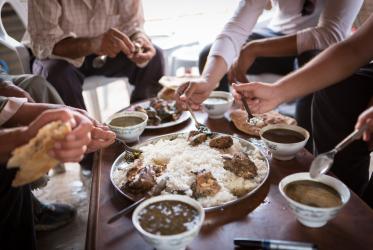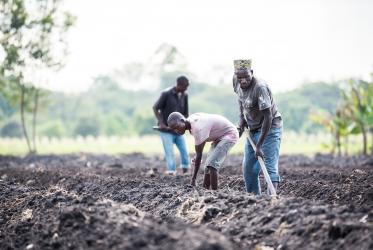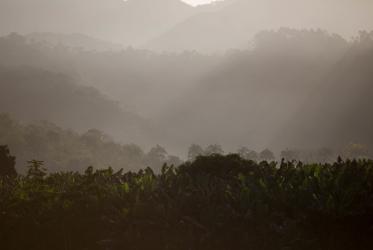Displaying 1 - 20 of 36
Seven weeks of Lent highlight water justice in Latin America
12 February 2018
Protect the Amazon, urges WCC statement
22 November 2017
Re-engineering life forms: Church forum raises concerns
09 November 2017
G7 must address famine
22 May 2017

